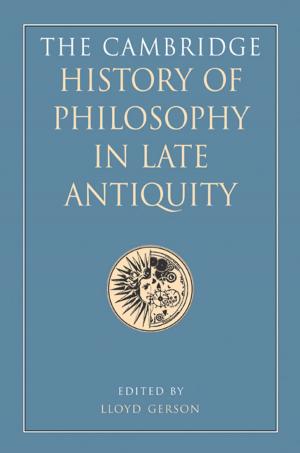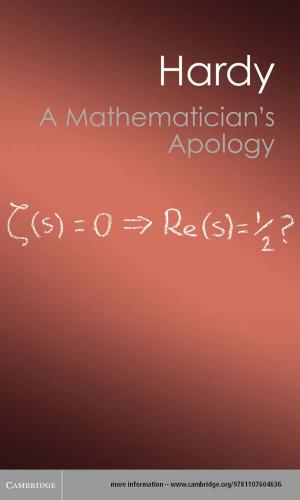The Constitutional Origins of the American Revolution
Nonfiction, History, Americas, United States, Colonial Period (1600-1775), Reference & Language, Law| Author: | Jack P. Greene | ISBN: | 9780511851117 |
| Publisher: | Cambridge University Press | Publication: | October 25, 2010 |
| Imprint: | Cambridge University Press | Language: | English |
| Author: | Jack P. Greene |
| ISBN: | 9780511851117 |
| Publisher: | Cambridge University Press |
| Publication: | October 25, 2010 |
| Imprint: | Cambridge University Press |
| Language: | English |
Using the British Empire as a case study, this succinct study argues that the establishment of overseas settlements in America created a problem of constitutional organization. The failure to resolve the resulting tensions led to the thirteen continental colonies seceding from the empire in 1776. Challenging those historians who have assumed that the British had the law on their side during the debates that led to the American Revolution, this volume argues that the empire had long exhibited a high degree of constitutional multiplicity, with each colony having its own discrete constitution. Contending that these constitutions cannot be conflated with the metropolitan British constitution, it argues that British refusal to accept the legitimacy of colonial understandings of the sanctity of the many colonial constitutions and the imperial constitution was the critical element leading to the American Revolution.
Using the British Empire as a case study, this succinct study argues that the establishment of overseas settlements in America created a problem of constitutional organization. The failure to resolve the resulting tensions led to the thirteen continental colonies seceding from the empire in 1776. Challenging those historians who have assumed that the British had the law on their side during the debates that led to the American Revolution, this volume argues that the empire had long exhibited a high degree of constitutional multiplicity, with each colony having its own discrete constitution. Contending that these constitutions cannot be conflated with the metropolitan British constitution, it argues that British refusal to accept the legitimacy of colonial understandings of the sanctity of the many colonial constitutions and the imperial constitution was the critical element leading to the American Revolution.















